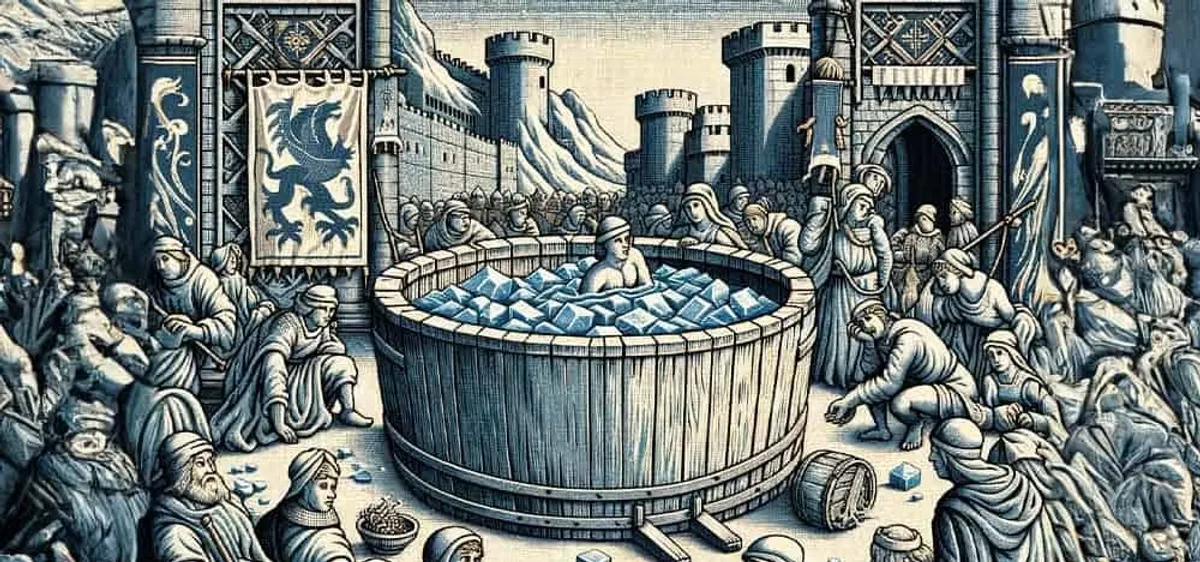
Ice Baths, often associated with modern athletic recovery, have a surprisingly long and storied history that dates back to ancient civilizations. These early societies, despite lacking the scientific understanding of cryotherapy, intuitively recognized the benefits of cold water immersion for health and well-being.
Ancient Egypt
The ancient Egyptians were pioneers in many aspects of medicine and wellness. They utilized cold water treatments for therapeutic purposes, believing that immersion in the cold waters of the Nile could rejuvenate the body and enhance vitality. While ice baths in the strictest sense may not have been feasible in the hot climate of Egypt, the concept of cold water therapy was certainly present.
Ancient Greece
The Greeks, known for their advancements in medicine and sports, embraced cold water immersion. Athletes participating in the original Olympic Games would often bathe in cold water to recover from intense physical exertion. The Greek physician Hippocrates, often considered the father of medicine, wrote about the benefits of cold water therapy, suggesting that it could reduce inflammation and promote healing.
Ancient Rome
The Romans, inheriting many practices from the Greeks, also valued the therapeutic e: ffects of cold water. Roman baths, or thermae, included frigidarium sections, which were cold plunge pools where bathers would immerse themselves after hot baths. This contrast therapy was believed to improve circulation, invigorate the body, and promote overall health.
Ancient China
In ancient China, the practice of using cold water for health benefits was also prevalent. Traditional Chinese medicine often incorporated hydrotherapy, including cold water immersion, to balance the body's energies, known as Qi, and improve vitality. Cold water baths were used to treat various ailments and enhance physical endurance.
Throughout these ancient civilizations, the underlying principle was a recognition of the rejuvenating and healing properties of cold water. While modern ice baths are backed by scientific research, their historical counterparts were driven by observation and empirical wisdom. Today, as athletes and wellness enthusiasts continue to embrace cold water therapy, they are partaking in a tradition that spans millennia, reflecting a deep, enduring understanding of the body's response to the natural world.
